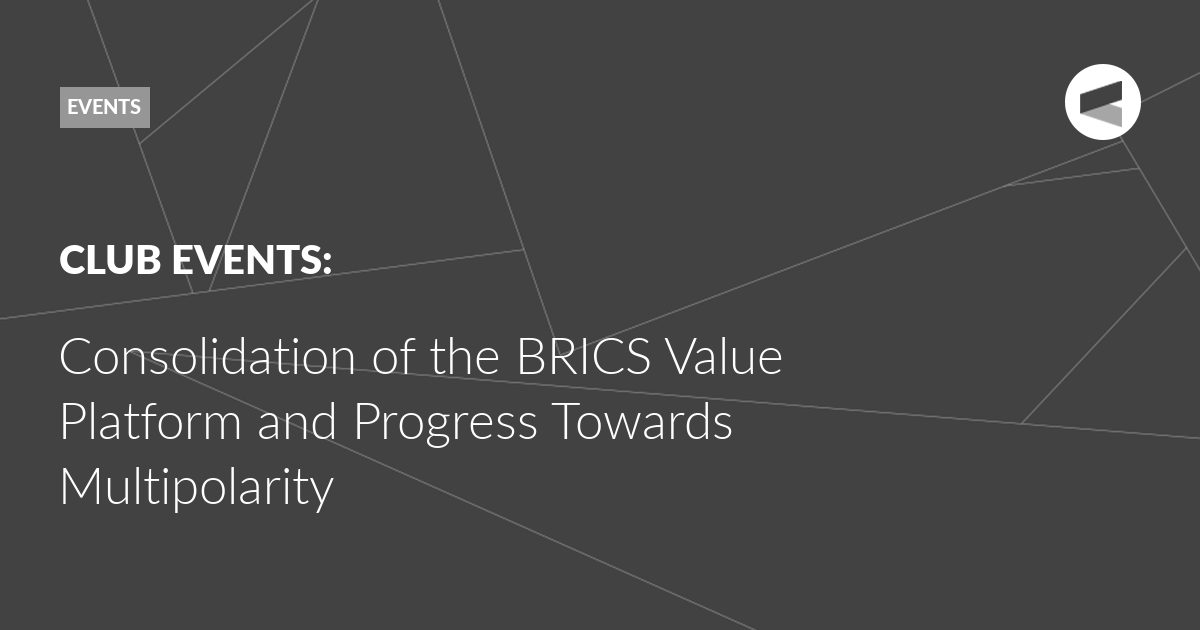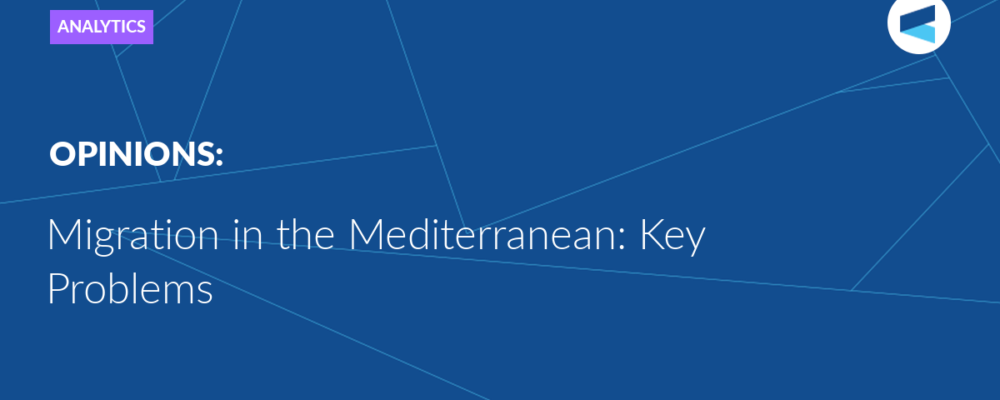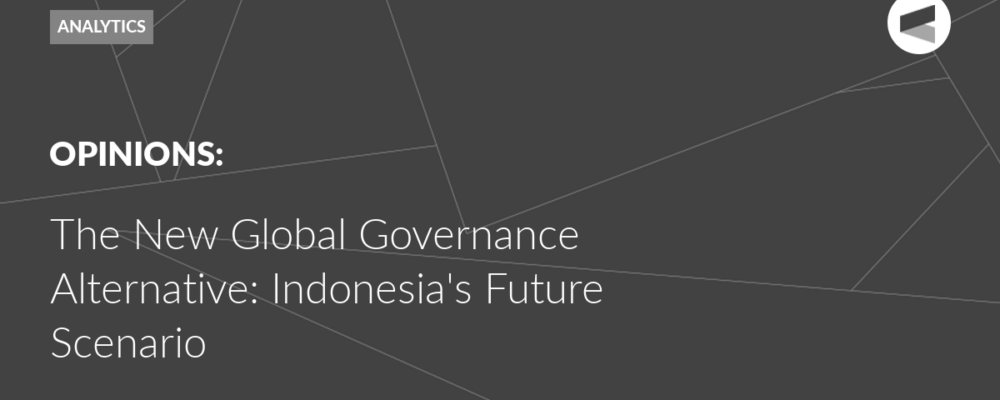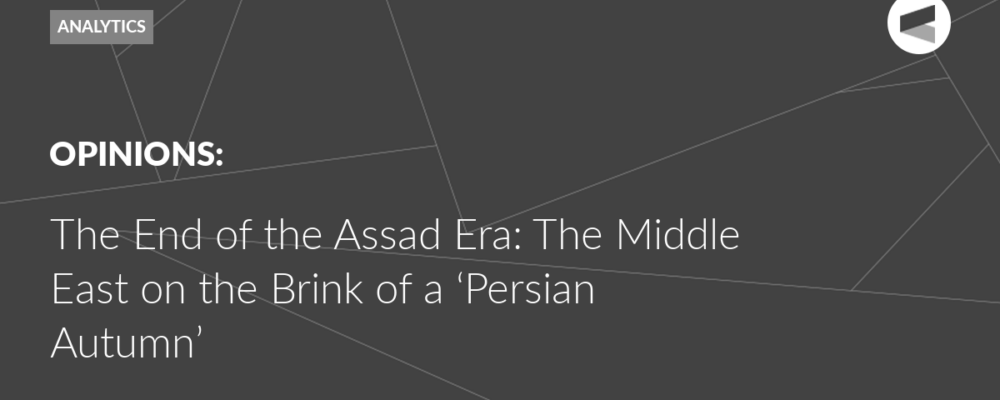On April 8, 2025, the Valdai Discussion Club hosted a presentation of the report titled “The Evolution of the BRICS Value Platform.” The discussion was moderated by Oleg Barabanov, the author of the report and programme director of the Valdai Club, who proposed discussing what the BRICS values are and how they are used in real political activity.
Pavel Knyazev, Sous-Sherpa of Russia to the BRICS, Ambassador-at-Large of the Russian Ministry of Foreign Affairs, noted that recently, in international affairs, multilateral diplomacy has been replaced by value wars; some groups of states are declaring their values to be universal and trying to impose them on other groups. Meanwhile, BRICS is not inclined to oppose itself to anyone. It is an innovative format for interstate cooperation, an association of very different countries whose common goal is to build a more just, equal, comprehensive, multipolar architecture of international cooperation. Accordingly, if we talk about values, then the value that unites the BRICS countries is support for the development and strengthening of multilateralism and multipolarity in international affairs. This resonates with the countries of the Global South and East, the diplomat emphasised. He also named a firm commitment to the principles enshrined in the UN Charter, in their entirety and interrelation, and upholding the supremacy of international law as unconditional common values for BRICS.
Victoria Panova, Head of the “Expert Council on the Participation of the Russian Federation in the BRICS Association” (BRICS Expert Council), Vice-Rector of the National Research University Higher School of Economics, and Sherpa of the Russian Federation in the “Women’s Twenty” (W20), pointed out that BRICS as a group is not intensely ideological – unlike some other blocs. At the same time, although the BRICS countries did not initially perceive the association as a new model of world order, they gradually realised that they have a special responsibility: not in words, but in deeds to offer a new architecture of the world order that will be able to serve as a stable and viable platform for interaction both for themselves and for the global majority as a whole. This prompts us to reflect upon the value foundations that allow us to move along this path. “The world must be stable, fair and safe for everyone. These are the principles that help us move forward,” Panova said. Against this background, she believes that it is more correct to talk not so much about the evolution of values, but about deepening the value of the fundamental understanding between the BRICS countries.
Ekaterina Arapova, Director of the Centre of Sanction Policy Expertise Institute for International Studies, and Deputy Dean of the Department of International Relations at MGIMO University believes that the value platform plays a key role in the further development of the BRICS format. She emphasised that the consolidation and clearer articulation of the basic principles and values that underlie this multilateral format have manifested themselves precisely in the last three to four years, which have been the most difficult in terms of the international situation. These extremely difficult conditions have become a kind of trigger both for the consolidation of the BRICS value platform and for the expansion of the group, which is facilitated by its key principle of inclusiveness. Now we see new challenges associated with the next wave of trade wars unleashed by the American administration. “Such a context can predetermine additional accelerated continuity of those value guidelines that have shaped the spirit of BRICS,” Arapova said.
Rasigan Maharajh, Chief Director, Tshwane University of Technology, Associate Research Fellow, Tellus Institute, Elected Member, Academy of Science of South Africa, pointed out that the BRICS countries currently account for a significant part of the world’s population, as well as a significant proportion of the production of goods and services. In theory and in practice, BRICS is becoming an independent centre of power and a centre of attraction for the global majority. The current dynamics of the international system make BRICS an alternative to those global governance structures that have failed to transform into truly representative organisations. The principles and objectives of the group represent the main elements of multipolarity and correspond to the aspirations of the global majority. “Multipolarity is inevitable,” Maharajh noted. In his opinion, the consolidation of BRICS as a voluntary association of sovereign countries is grounded in common principles, values, and objectives. A clear formulation of the BRICS value platform should help expand the group, he is convinced.
Marco Fernandes, Editor, Wenhua Zongheng International, Geopolitical Analyst, Brasil de Fato (Brazil), presented a Brazilian view on the issue. He called the creation of an alternative to the dollar hegemony an important task for BRICS which would necessitate the stimulation of trade and investment in local currencies. According to him, President Lula is personally committed to moving along the financial track within BRICS, addresses the matter frequently and expects concrete results from the Brazilian presidency. There is also a discussion about the global BRICS platform open to other countries, aimed at helping in healthcare, particularly in the fight against tropical diseases. The institutionalisation of BRICS remains a significant topic. At the same time, Fernandes acknowledged that the boldest initiatives within BRICS have come from Russia, including in the area of cultural interaction.
The Valdai Discussion Club was established in 2004. It is named after Lake Valdai, which is located close to Veliky Novgorod, where the Club’s first meeting took place.
Please visit the firm link to site






